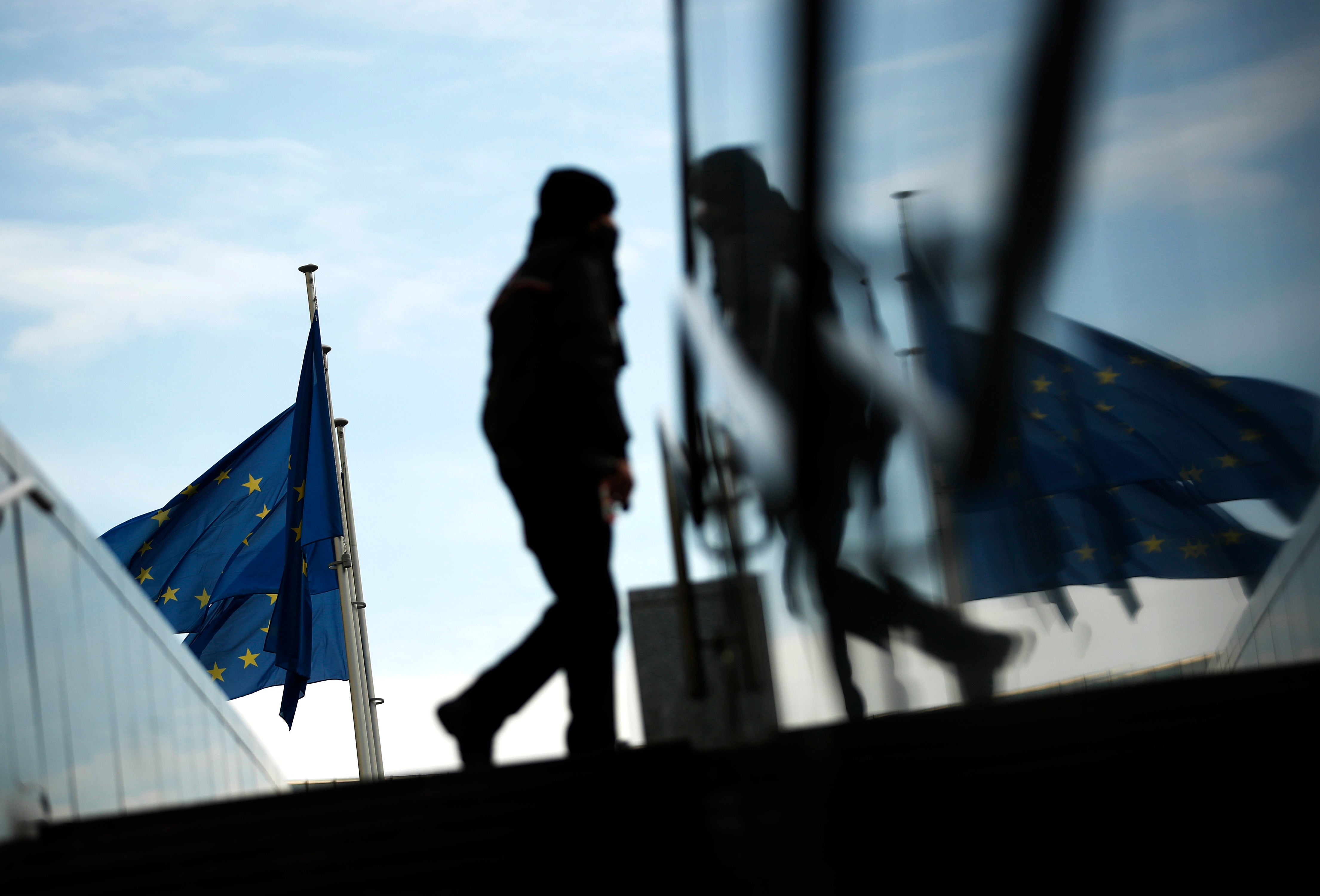Brexit: UK and EU head for supper showdown over trade deal
Leaders of Britain and the European Union will meet later for a dinner that could pave the way to a post-Brexit trade deal — or tip the two sides toward a chaotic economic rupture at the end of the month

Leaders of Britain and the European Union will meet Wednesday for a dinner that could pave the way to a post-Brexit trade deal — or tip the two sides toward a chaotic economic rupture at the end of the month.
Early-morning comments from both sides insisting that it was for the other to compromise only highlighted the difficult task ahead for U.K. Prime Minister Boris Johnson and European Commission President Ursula von der Leyen. Within just a few hours they would need to unstick negotiations that are deadlocked on key aspects of the future relationship.
British officials said they hoped political pressure from the top could break the logjam, but room was limited.
“Unless we see some movement on the EU side, then it will be very difficult,” U.K. Cabinet minister Michael Gove told Times Radio.
The bloc insists the U.K. needs to move to secure agreement.
German Chancellor Angela Merkel said “there is still the chance of an agreement,” but stressed that the EU would not compromise on its core principles.
Merkel told the German parliament that the bloc would "take a path without an … agreement if there are conditions from the British side that we can’t accept.”
The U.K. left the EU on Jan. 31 after 47 years of membership, but remains within the bloc’s tariff-free single market and customs union until the end of the year. Reaching a trade deal by then would ensure there are no tariffs or quotas on trade in goods on Jan. 1, although there would still be new costs and red tape for businesses.
Failure to secure a trade deal would mean tariffs and other barriers that would hurt both sides, although most economists think the British economy would take a greater hit because the U.K. does almost half of its trade with the bloc.
Months of trade talks have failed to bridge gaps on three issues — fishing rights, fair-competition rules and the governance of future disputes.
While both sides want a deal, they have fundamentally different views of what it entails. The EU fears Britain will slash social and environmental standards and pump state money into U.K. industries, becoming a low-regulation economic rival on the bloc’s doorstep — hence the demand for strict “level playing field” guarantees in exchange for access to its markets.
Merkel said “the integrity of the single market must be preserved.”
“We must have a level playing field not just for today, but we must have one for tomorrow or the day after, and to do this we must have agreements on how one can react if the other changes their legal situation,” Merkel said. “Otherwise there will be unfair competitive conditions that we cannot ask of our companies.”
The U.K. government sees Brexit as about sovereignty and “taking back control” of the country’s laws, borders and waters. It claims the EU is making demands it has not placed on other countries and is trying to bind Britain to the bloc’s rules indefinitely.
___
Geir Moulson in Berlin contributed to this story.
___
Follow all AP stories about Brexit and British politics at https://apnews.com/Brexit
Subscribe to Independent Premium to bookmark this article
Want to bookmark your favourite articles and stories to read or reference later? Start your Independent Premium subscription today.
